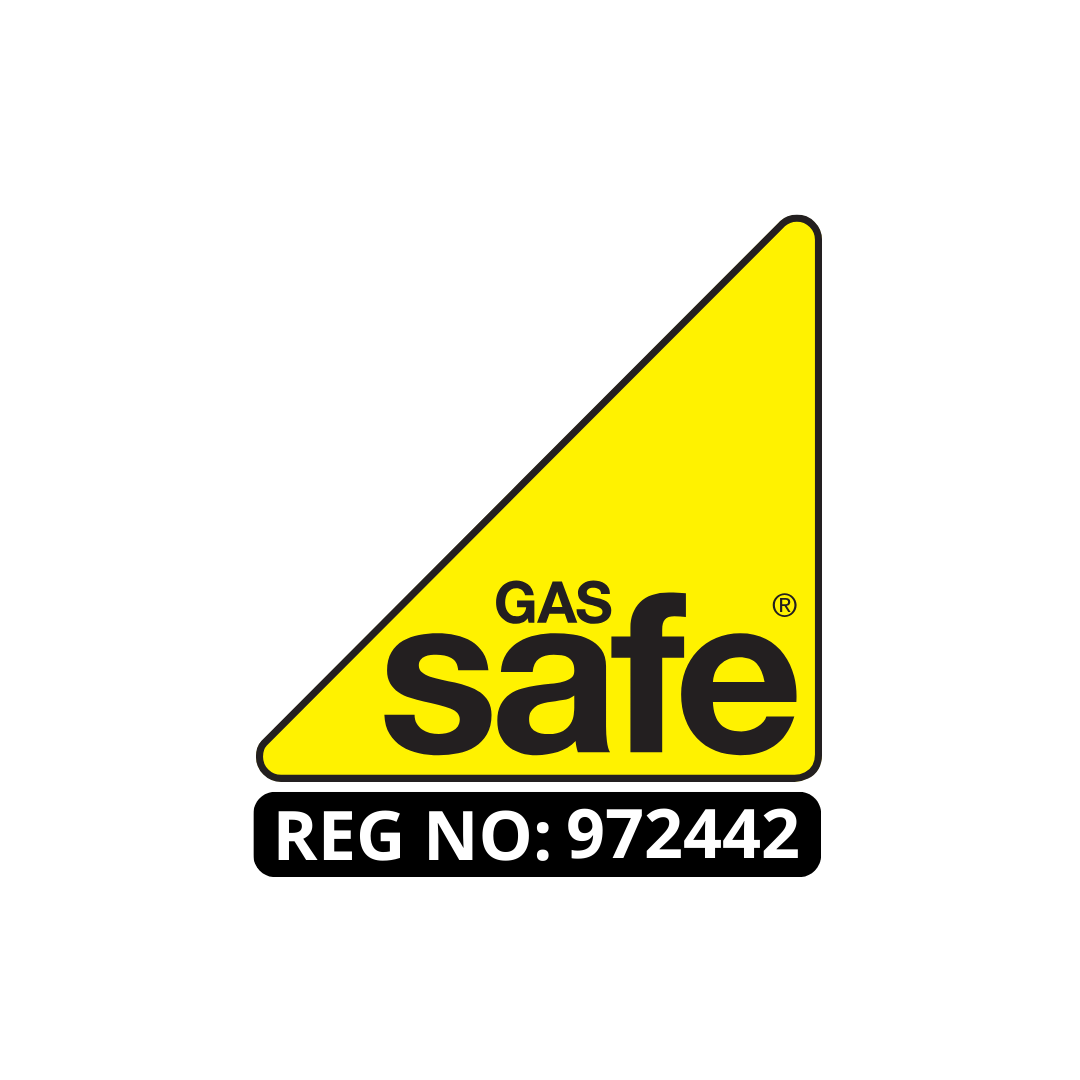
Gas Certificate for Food Stall: What You Need to Know – In the bustling world of food service, the importance of adhering to safety standards cannot be overstated, particularly when it comes to the use of gas appliances. For food stalls, obtaining a Gas Safety Certificate is not just a regulatory formality but a critical measure that underscores the commitment to safety and reliability. This certification involves a thorough inspection of all gas equipment, ensuring they meet safety standards and pose no risk to operators or patrons. As a food stall operator, you’re well aware of the hustle and bustle of managing your business, but have you kept up with your gas safety certificate compliance? Neglecting this can lead to serious repercussions, including hefty fines and safety risks. Understanding the nuances of certification, the challenges involved, and how to overcome them is crucial. Explore what it takes to stay compliant and ensure your stall is safe, compliant, and prepared to navigate the hurdles effectively.
Importance of a Gas Safety Certificate
Obtaining a Gas Safety Certificate is crucial for any food stall utilizing gas appliances, as it ensures that all equipment is functioning safely and meets regulatory standards.
This certification is not merely a formal requirement but a fundamental aspect of operational integrity and public safety. It acts as a preventative measure against the risks of gas leaks, which can lead to fire hazards or explosions, endangering both staff and patrons.
Moreover, possession of a valid certificate often plays a critical role in securing insurance policies, as it demonstrates compliance with safety norms and reduces liability concerns.
Adherence to these safety standards not only protects physical assets but also upholds the stall’s reputation, fostering consumer trust and business continuity.
Requirements for Obtaining Certification
To secure a Gas Safety Certificate, food stall owners must first ensure that all their gas appliances and connections comply with the latest safety standards and regulations.

Proprietors must align with national and local guidelines, which often stipulate the types of materials, installation procedures, and maintenance protocols required for certification.
Documentation proving regular professional checks and servicing of the gas systems must be maintained and readily available.
Additionally, food stall operators should have a clear understanding of the gas safety legislation pertinent to their specific location, as this can vary considerably.
Compliance not only involves technical adherence but also includes training for all staff members on emergency procedures and proper equipment handling to ensure ongoing safety and readiness for audits.
The Inspection Process Explained
After securing compliance with regulatory standards, food stall owners must next undergo a detailed inspection process to obtain their Gas Safety Certificate.

This process involves a certified inspector examining the gas equipment and connections for safety and adherence to established guidelines. The inspection typically includes checks for leaks, proper ventilation, and the condition of hoses and burners.
Inspectors also assess the adequacy of emergency controls and the availability of fire extinguishers or other safety mechanisms.
Upon a successful review, the inspector provides a report detailing any discrepancies and suggests corrective measures if necessary.
Once all criteria are met, the food stall is issued a Gas Safety Certificate, affirming its compliance and readiness for safe operation.
Common Compliance Issues
Often, food stall operators encounter several recurring compliance issues when attempting to secure a Gas Safety Certificate. These challenges often revolve around equipment maintenance, proper installation, and adherence to safety protocols. Understanding these common pitfalls can streamline the certification process and enhance safety standards.
| Issue | Description | Recommended Action |
|---|---|---|
| Improper Installation | Equipment not installed by a certified technician | Engage certified professionals |
| Poor Maintenance | Lack of regular checks and servicing | Establish a maintenance schedule |
| Ventilation Problems | Inadequate exhaust systems | Upgrade or install proper ventilation |
| Regulatory Ignorance | Unaware of local gas safety regulations | Seek guidance and educate staff |
Addressing these issues not only aids compliance but significantly mitigates potential hazards.
Benefits Beyond Compliance
Securing a Gas Safety Certificate not only ensures compliance but also offers numerous operational advantages for food stall operators.
First, it significantly enhances the reputation of the business, projecting a commitment to safety that can attract more customers who prioritize dining in secure environments.

Additionally, it helps in mitigating risks associated with gas equipment, potentially lowering insurance premiums due to reduced claim probabilities.
This proactive approach to safety can also lead to fewer operational disruptions caused by equipment failures, thereby optimizing productivity and ensuring consistent service delivery.
Ultimately, these benefits contribute not just to legal adherence but to establishing a foundation for sustainable business growth and improved customer trust and loyalty in the competitive food industry landscape.
Conclusion
In conclusion, obtaining a Gas Safety Certificate is crucial for food stalls utilizing gas appliances. It ensures adherence to safety standards, mitigating risks such as gas leaks and fires. Moreover, compliance fosters consumer confidence and enhances the stall’s reputation, which is vital in a competitive market. Regular inspections and proactive maintenance are key to achieving certification, which in turn can reduce insurance costs and minimize operational disruptions, thereby supporting the sustainable growth of food industry businesses.
Our Pricing
| Our Gas Safety Certificate Prices |
|---|
| Gas Safety Certificate 1 Appliance £45 |
| Gas Safety Certificate 2 Appliance £55 |
| Gas Safety Certificate 3 Appliance £65 |
| Gas Safety Certificate & Boiler Service £74.99 |
Check Out Our Other Services
About the Author: LandlordCertificate
Related Posts
Get Social
Recent Posts
- Gas Safety Certificates: A Complete Guide for Property Professionals
- Fire Risk Assessment: Why Every Building Needs a Safety Blueprint
- Fire Safety Inspection: Ensuring Your Property is Safe
- Fire Safety Service Misconceptions That Put Landlords at Risk in the UK
- Compliance value of asbestos management survey













